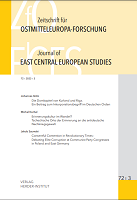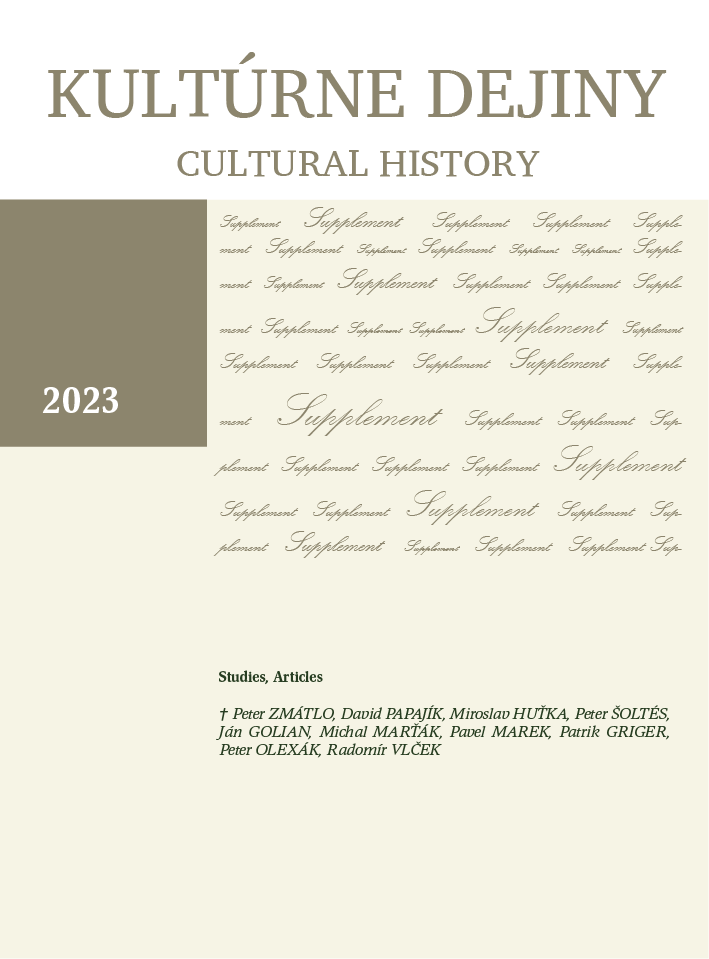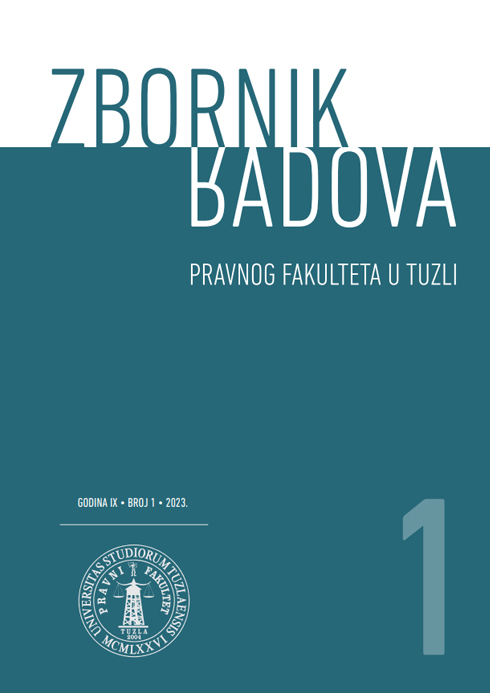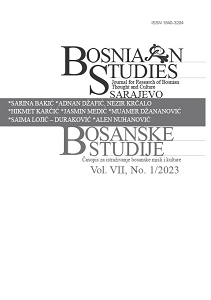Author(s): Emzar Makaradze / Language(s): Georgian
Issue: 9/2023
In the political life of modern Turkey, both in the 20th and at the beginning of the 21st century, the issue of creating and then changing the new state administration was on the agenda; in the scientific literature it was called the doctrine of "Kemalism" and "Erdoganism". At the beginning of the 20th century, the founder of the Republic of Turkey, Mustafa Kemal Atatürk (1881-1938) directed the state development of the country towards the West and proclaimed the path of Europeanization as the main principle of the country's unchanging domestic and foreign policy. The events taking place in Turkey in the first decade of the 21st century showed us that President Recep Tayyip Erdogan began to build a new state ideology in the country, which was sharply different from the Ataturk’s “Kemalist” state administration. The question arises how long the Republic of Turkey will continue to move with democratic and European values and keep the form of government - "Kemalism", if the country passes to the state administration of "Erdoganism". What is the main doctrine of "Kemalism" and "Erdoganism"? Kemalism (Turkish: Kemalizm), also known as "Ataturkism" (Turkish: Atatürkçülük, Atatürkçü çı-zmi), is based on the principle of six arrows (Turkish: Altı Ok) and is a core part of the ideology of the Turkish Republic. Mustafa Kemal Atatürk carried out the reform of "Kemalism". This meant the Westernization of political, cultural, social and religious institutions, including the establishment of democracy, civil and political equality of women (it should be noted that thanks to the reform, women were given the right to participate in elections), the struggle for the separation of religion from school, the development of science, support free education, etc. "Kemalism" is the name of the ideological and philosophical trend, on the basis of which the Turkish national state was created on the site of the multinational Ottoman Empire and which later, after the death of its founder Mustafa Kemal Atatürk, was declared the official state ideology. The idea of establishing "Kemalism" was laid down during the existence of the Ottoman Empire, in order to avoid the inevitable overthrow. In the early 20th century, the young Ottomans attempted to establish an ideology of Ottoman nationalism or "Ottomanism" to suppress the development of ethnic nationalism and limit the influence of Islam on democracy. "Kemalism" is a new, modernized philosophy that has contributed most to the creation of the Republic of Turkey and its subsequent development. The ideology has 6 main principles: 1. Republicanism; 2. laicism; 3. Nationalism; 4. Nationality; 5. Statism and 6. Revolutionism. Along with "Kemalism", a new doctrine called "Erdoganism" has been established in modern Turkey. "Erdoganism" or "Taipism" (Turkish: Erdoğancılık or Tayyipçilik) refers to the political ideals and agenda of Turkish President and former Prime Minister Recep Tayyip Erdogan. "Erdoganism" has been described as "the most powerful phenomenon in Turkey since Kemalism", with widespread support throughout the country. Its ideological roots originate in Turkish conservatism, and its political followers are the ruling Justice and Development Party (AKP), which Erdogan himself founded in 2001. The term "Erdoganism" first appeared after Erdogan's victory in the general elections in 2011 and gained more recognition on the world stage due to active foreign policy ideals based on neoOttomanism. The core ideals of "Erdoganism" include a religiously inspired strong centralized leadership based largely on the consent of the electorate and to a lesser extent on power-sharing and institutional checks and balances. Erdoganism has also been strongly influenced by the desire to create a “New Turkey”, which rejects the founding “Kemalist” principles of the Republic of Turkey and abolishes key constitutional ideals that contradict Erdoğan’s vision of secularism. Supporters of "Erdoganism" often demand a revival of the cultural and traditional values of the Ottoman Empire and criticize the pro-Western social reforms and modernization initiated against the founder of the Republic of Turkey, Mustafa Kemal Atatürk. The main pillar of "Erdoganism" originates in the formation of a personality cult around him, which was actively expressed during the Turkish presidential elections in the form of slogans such as "Man of the Nation" (Turkish "Milletin Adam"). The US news agency “Foreign Policy” described "Erdoganism" as an ideology based on a personality cult around Erdoğan and called it a form of populist authoritarianism. "Foreign Policy" also describes Ottomanism (the glorification of the Ottoman Empire), Islamism, suspicion of Western political intervention in the Middle East, rejection of Kemalism, and restrictions on the democratic process and elections as key attributes of "Erdoganism". When comparing "Kemalism" and "Erdoganism", it was revealed that these two political doctrines have both similarities and significant differences. There are similarities between them in terms of authoritarianism, the neopatrimonial system and populism, as well as in the issue of nationalist rhetoric. The fundamental differences between them are expressed mainly in the replacement of secularism by Islamism, which is characteristic of Kemalism. At the same time, the principle of Westernization of "Kemalism" was replaced by the policy of separating "Erdoganism" from the West and opposing it, which had a significant impact on the formation of a new political course for the country.
More...









